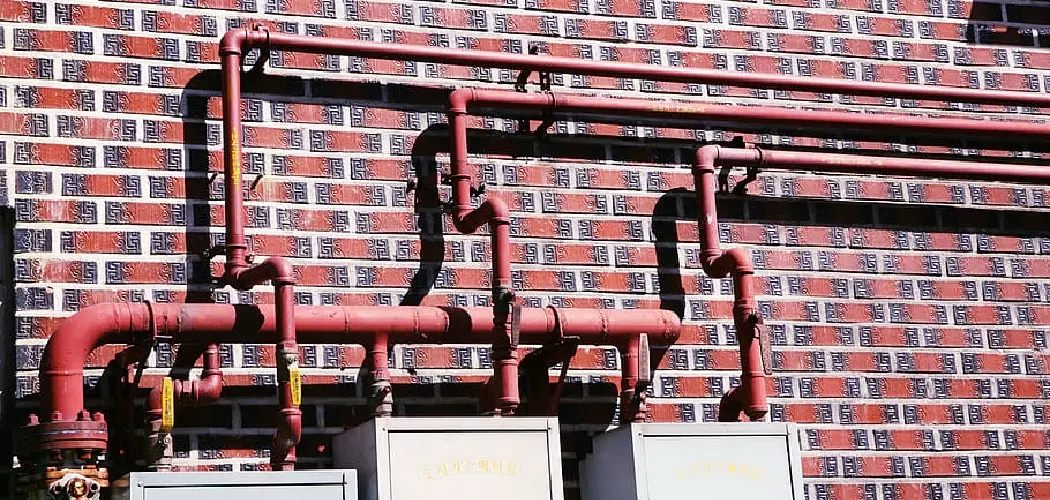For homeowners and contractors alike, it can be a daunting task trying to figure out how to locate an elusive gas leak in the walls or floor of your home. But with proper precautions and the right tools, plumbers are uniquely qualified to identify and isolate gas leaks quickly and safely.
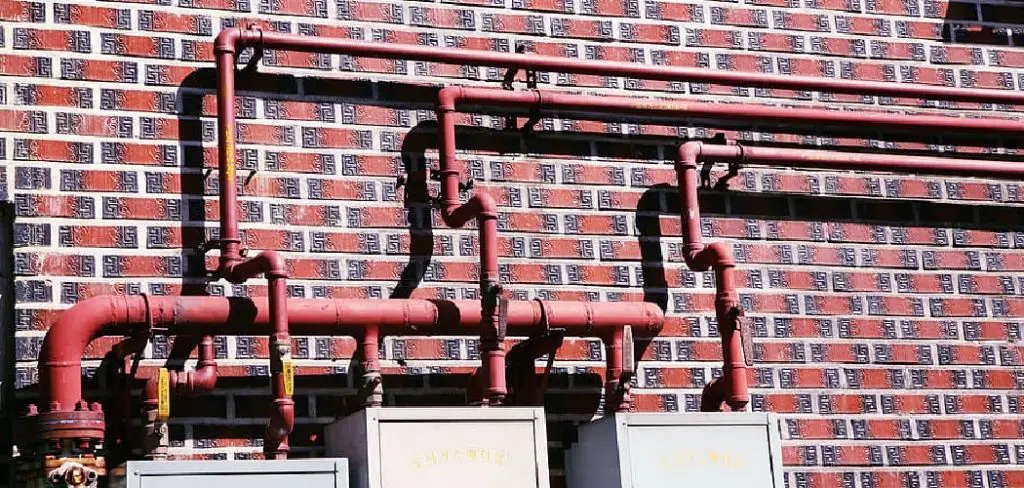
In this blog post, we’ll explore some of the techniques for how do plumbers find gas leaks in walls. We’ll see which advanced tools they use for detecting even minuscule amounts that might go unnoticed otherwise, as well as how these methods help protect against potential dangers when dealing with natural gas lines.
With this insider knowledge, you’ll be better equipped should you ever find yourself needing plumbing services related to suspected gas leaks!
How Are Pipes Tested for Leakage?
To test for leakage in pipes, plumbers will use a variety of tools and techniques. Some of the most common testing methods include visual inspection, pressure tests, smoke testing, and ultrasonic testing.
Visual inspections involve examining pipe systems with the naked eye or through a borescope to locate any obvious signs of gas leaks, such as wet spots or discoloration in the walls. Pressure tests involve temporarily increasing pressure inside the pipes and measuring any decrease in pressure to determine if there is a leak.
Smoke testing pumps smoke through the pipes to see where it exits, indicating the source of a gas leak. Ultrasonic testing involves using high-frequency sound waves to detect vibrations caused by gas leaks.
Using a combination of these methods, plumbers can easily and accurately locate any gas leaks in pipes. Once the source of the leak is found, they can then take appropriate action to fix it and prevent further damage.
Furthermore, an experienced plumber will be able to suggest effective ways to prevent future gas leaks and maintain a safe plumbing system. This could include periodic inspections, proper installation of pipes and valves, and sealing any potential gaps or cracks in the walls to prevent gas from escaping into living spaces.
7 Methods How Do Plumbers Find Gas Leaks in Walls
1. Visual Inspection
One of the first things you can do when trying to find a gas leak is to conduct a visual inspection. Look for any cracks in your walls or foundation, as these could be an indication of a gas leak. You should also be on the lookout for any dead plants or animals near your home, as they could be a sign that there is a gas leak present.

If this method isn’t effective, you can call in a professional plumber to conduct further inspections. While they have access to additional tools and technology, they can also use their experience to identify signs that may not be visible to the untrained eye.
2. Listen for Strange Noises
Another way to find a gas leak is to listen to strange noises coming from your walls or foundation. If you hear a hissing noise, it could be an indication that there is a gas leak. You should also be on the lookout for any banging or popping noises, as these could also be indicative of a gas leak. You may even notice a change in the air pressure when there is a gas leak.
If you hear any of these noises, you should contact your local plumber immediately. While it is to find small leaks on your own, larger and more dangerous leaks will require the help of a professional. Try to pinpoint the source of the sound before you contact a plumber so that they can get to work as quickly as possible.
3. Smell for Gas
If you suspect there may be a gas leak in your home, one of the best ways to confirm this is by smelling for gas. Gas has a distinct odor that you should be able to smell if there is a leak present. If you do smell gas, it is important to evacuate your home immediately and call your local utility company.
While it is possible to detect a gas leak through smell, this is not always reliable and should be used in combination with other methods. Once the gas is cut off, a professional plumber can begin looking for the exact source of the leak. However, it is important to remember that gas leaks can be extremely dangerous and must only be handled by a qualified professional.
4. Use a Gas Detector
If you want to be extra cautious, you can purchase a gas detector that will alert you if there are high levels of gas present in your home. These detectors are relatively inexpensive and can give you peace of mind knowing that you will be alerted if there is a gas leak present. Depending on the model, some detectors can even detect specific types of gas or multiple gases at once.
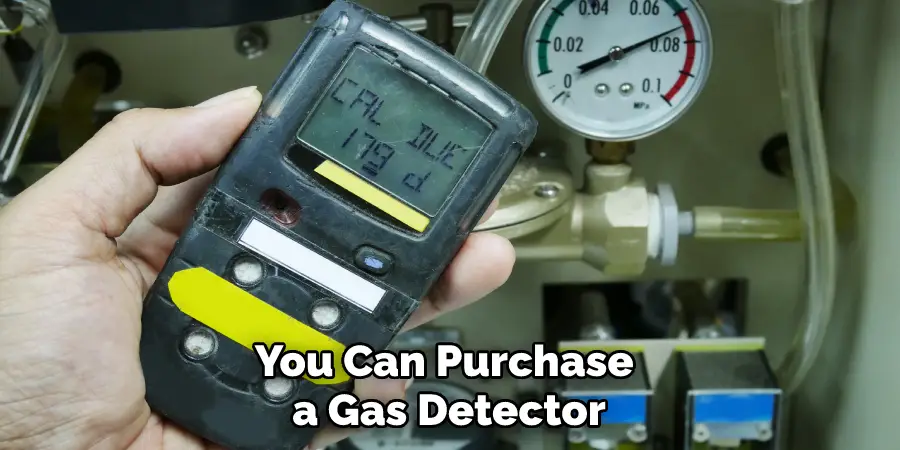
Additionally, many gas detectors are designed to be portable and small so that you can easily move them around your home. With the help of a gas detector, you can be sure that you are aware of any gas leaks in your home immediately.
5. Check Your Appliances Regularly
One way to prevent gas leaks is to regularly check your appliances for any signs of wear and tear. Gas appliances such as stoves and ovens can develop cracks over time, which can lead to gas leaks. By regularly inspecting your appliances, you can catch any potential problems before they become serious.
Additionally, make sure you are aware of any unusual smells coming from your appliances, as this could be a sign that there is a gas leak. If you notice anything out of the ordinary, contact a professional plumber to come and take a look.
6. Have Your Home Inspected Regularly
Another way to prevent gas leaks is to have your home inspected by a professional on a regular basis. A professional inspector will be able to identify any potential problems with your home’s plumbing or gas lines and make sure that they are in good working order. This can help to prevent serious problems down the road.
If a gas leak is detected, your inspector will be able to recommend the best course of action for repairing or replacing the faulty pipes. Additionally, if you ever smell gas in your home, having a professional inspect it can help to determine the source of the leak and ensure that it is fixed properly.
7. Know Where Your Gas Lines Are Located
If you know where your home’s gas lines are located, it will be easier to spot a potential problem if one arises. Familiarize yourself with the location of your home’s main gas shut-off valve so that you can quickly shut off the flow of gas if necessary.
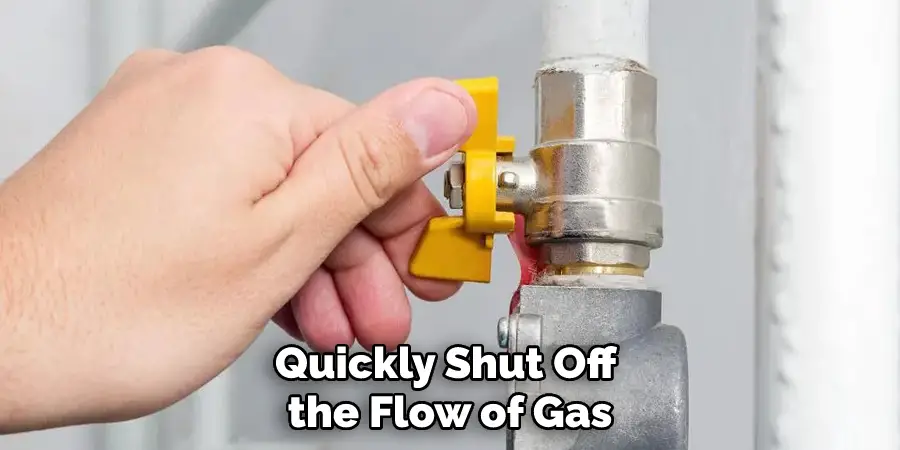
It is also a good idea to know where your home’s secondary gas shut-off valves are located so that you can shut off the flow of gas to specific appliances if necessary. However, it is important to never attempt to fix a gas leak yourself; always call a professional plumber for any kind of gas line repair or maintenance.
Things to Consider When Finding Gas Leaks in Walls
1. Accurately Assess the Situation:
Before attempting to find a gas leak in the walls, it is important to take an accurate assessment of the situation. Make sure to turn off all gas appliances and shut off the main supply valve before beginning your search for a leak, this will help ensure that no one is in danger of potential carbon monoxide poisoning or fire hazard.
2. Pay Attention to Odors:
If there is a gas leak present in walls, one of the most common signs is a sulfur-like scent. If you notice this smell in your house, it is important to take action immediately and get away from the area as quickly as possible.
3. Use an Electronic Detector:
The best way to locate a gas leak in walls is to use an electronic detector specifically designed for this purpose. An electronic detector will be able to detect even small amounts of gas, and it is important to use one in order to ensure the safety of your home and family.
4. Visual Inspection:
If you cannot locate a gas leak using an electronic detector, then it may be necessary to conduct a visual inspection. Look for any cracks in the walls or signs of rust or corrosion around pipes that could indicate a gas leak. If you see these signs, then it is important to call a professional plumber immediately.
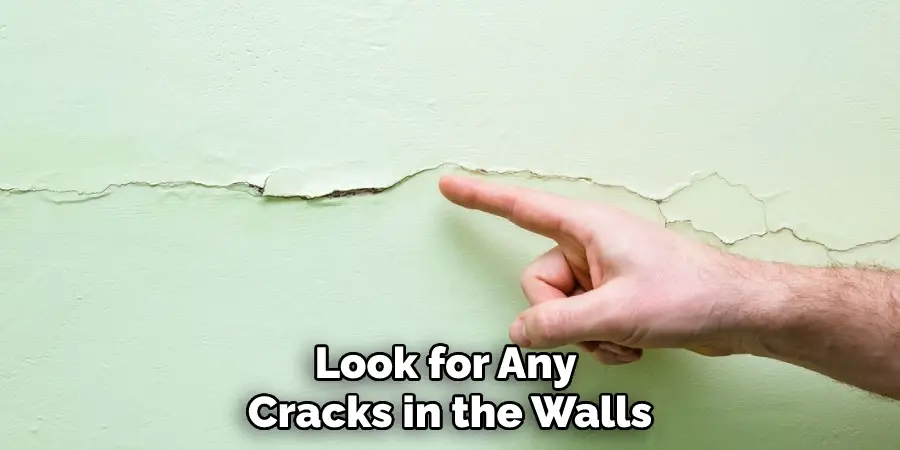
Conclusion
In conclusion, if you have noticed a gas leak in your walls, trusting a plumber with the right tools and knowledge might be the best course of action. Gas leaks can be incredibly dangerous, leading to sickness, explosions, and even death. A qualified plumber will then be able to safely remove any residue left behind and ensure that your home remains safe.
The key to avoiding additional problems and costly damages down the line is knowing how do plumbers find gas leaks in walls and understanding how to respond quickly when it happens. Requesting an expert’s assessment can save you time and money while providing peace of mind that your home is secure at all times.

